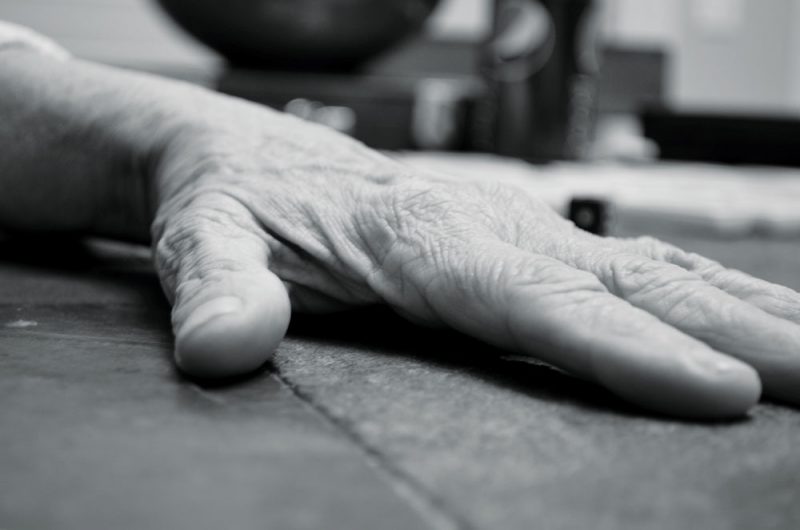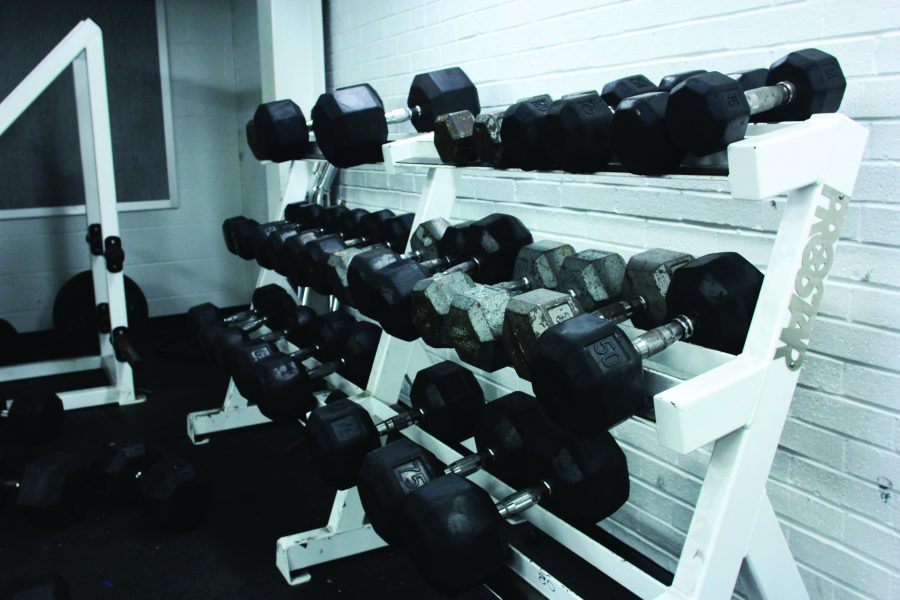
Lodged tightly between Thanksgiving and the winter break, finals’ season boosts the endemic stressed nature of the high school student. For junior Sam Farmer, this time of the year adds great pressure.
“Everything with finals and then tying up loose ends, like with my school work, and then also Christmas time is kind of stressful and … I’m keeping on winter training for track,” Farmer said. “I just try and keep track of the stuff I have to do in my planner and then also sometimes I just do the stuff that has to be done, that I actually need to do, and then I just save the other stuff for later or just have to sacrifice it.”
Beyond the pressure of finals and the end of a semester, students face other real stresses. Guidance counselor Leslie Kersha said when looking at students’ stress, the main causes are family, relationships and the pressures of school or a busy schedule. Between school, homework, jobs and extracurriculars, she said, students are stretched thin. When they are stressed or pressed for time, Kersha said, they don’t sleep as much and they may stay up to keep up with their work.
“I think when students are stressed they oftentimes don’t sleep as much so they may stay up if they’re stressed about an upcoming test or project,” Kersha said. “They may stay up all night, which once again sleep is necessary to counter stress, … and so it’s kind of this … cycle of if you’re stressed, to try to get something done then you’re going to feel worse because you didn’t have the sleep.”
Choosing to stay up, Farmer said, both increases her stress level and lessens it. She is able to get more done if she stays up later, but then she is tired the next day. This cycle may even counteract a student’s effort and cause a decrease in academic performance, Kersha said.
According to Mental Health America, for students between the ages of 13 and 17, school is the No. 1 stressor; after school ends, work takes the spot. At this point, the level of stress turns from helpful to hurtful.
“I think that one of the reasons that we get stressed is because we’re pulled in so many different directions and we’re pulled in those directions sort of physically, like sometimes we have to be at cross country practice and band practice and play practice all at the same time and that’s stressful,” Kathryn Fishman-Weaver, gifted education teacher, said, “or we’re also pulled in lots of different directions mentally so we’re thinking about chemistry homework and college applications and a conversation we had with our parents and a conversation we had with our friends.”
According to apa.org, 66 percent of Americans believe their stress moderately, strongly or very strongly affects their physical health and 63 percent reported the same of their mental health. Easy ways to combat stress and counter negative mental and physical effects include eating right, sleeping enough and exercising. Kersha, who is a long-time yoga instructor, said yoga is a great form of exercise that helps focus on mindfulness and breathing, both of which are practicable outside of yoga.
“One aspect of [yoga] is deep breathing,” Kersha said, “so literally when your body is under stress you naturally tend to take short shallow breaths which reinforces to your body that you should be stressed. So taking a few minutes throughout the day to really take slow deep breaths, which signals to your body you’re calm, you’re safe, you can relax, can really make a big difference.”
Other forms of exercise that work to reduce stress, Kersha said, include structured exercises as well as those that are purely for entertainment, such as shooting hoops, that get the body moving.
Beyond affecting the individual, stress can change how a person relates with others, Fishman-Weaver and Kersha agree. When they interact with their friends, family and teachers, Kersha said, they won’t be as easy to get along with if they are overly burdened with stress.
“In my mind stress management is really about taking care of yourself and figuring out those things that you need to do in order to take care of yourself,” Kersha said, “and that may mean creating more time in your schedule, which nobody thinks you can, but you can, you just have to let go of some things or say no to some things.”
According to kidshealth.org, “crammed schedules and not having time to relax,” are causes of long-term stress. Along with using time wisely, Kersha suggests cutting down on activities when those obligations create an overwhleming amount of stress.
“Students have more energy so I do think you guys can take on, in general, more than adults in some ways,” Kersha said, “but if you’re taking on so much that you’re constantly in a state of stress, then I think it’s an important thing for you and your family to sit down and look at what can we pare back, what can we do differently maybe for a short period of time and then we can reevaluate.”
With the end of semester only a week away and final exams looming, stress levels are high and managing time comes into a new context. According to Kersha, planning ahead plays a key role in lessening the pressure of these weeks. Choosing to study a little bit, in “micromovements toward the big final,” helps students to avoid doing nothing in preparation until the night before, which, according to Kersha, prevents hours of studying.
“It’s not a surprise, everyone knows they’re coming,” Kersha said, “so I think one of the first things they can do is look at what can I cut back those next two weeks. ‘Can I ask to work only on the weekends rather than on school nights of those weeks? can I, you know, once again going back to this idea of what can I temporarily take off my plate?’”
For Farmer, managing time comes hand-in-hand with preparation for finals. By choosing to run before school, she said, she has time after school to catch up on school work and to study for finals.
“Sometimes, if the stress, and it just depends on the source of the stress and how you’re dealing with it, but if you’re under extreme stress seeking out the help of a counselor can be really important,” Kersha said, “or at least knowing your support mechanisms and reaching out to those people who are supportive to you.”
By Emily Franke
Meditation, yoga prove effective at relieving stress
December 20, 2013
1
0
More to Discover




















































































Riley Martin • Apr 10, 2014 at 8:56 pm
While sports are more for some people because i guess high level activity ad aggression are better soothers for some, Yoga has become very popular as well. Particularly Hot Yoga. but meditation should get a better rep-it’s not only hippies who do it. It’s super rejuvenating. It takes practice but it’s definitely a go-to stress reliever for me.